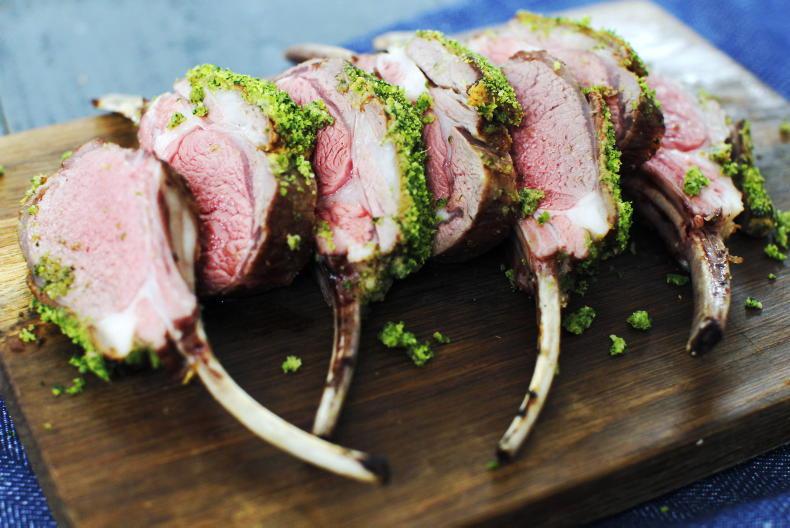Irish lamb should be on US shop shelves in the coming months, once the final stages of finishing access requirements for sheepmeat are completed, Meat Industry Ireland (MII) has said.
This week, it was announced that Irish sheepmeat can now be exported to the US market.
Irish lamb processors are currently working with the authorities to have facilities approved following the announcement.
Minister for Agriculture Charlie McConalogue, Bord Bia and MII are currently on a trade mission to the US.
Irish beef
A key concern MII has said it is raising on the trip relates to the disruption of Irish beef exports to the US due to the import market being swamped by Brazilian beef.
“Due to the return of Brazilian beef in the US market, the import quota that importers of Irish beef use, which would normally fill up towards the end of each year, was completely filled by early April this year.
“This now presents a major difficulty for Irish beef to enter the US market competitively. Outside of the quota, Irish beef faces an import duty of 26.4%, which effectively blocks trade into a beef import market of over 1m tonnes,” MII said.
The group is to meet Minister McConalogue on this issue ahead of his meetings with US authorities and said it has already raised this with the European Commission in Brussels.
Diversify
MII senior director Cormac Healy said: “The progress on lamb exports is very welcome and provides an excellent opportunity to diversify and maximise export market options for Irish lamb.
“I hope to see high-quality grass-fed Irish lamb available to US consumers as quickly as possible and I’m confident it can compete well in a growing market.
“We are calling on the Irish Government and the [European] Commission to work with the US authorities to find an early solution on the beef quota issue.
“The return of Brazilian beef exports to the US market has swallowed up the available quota for Irish beef and means that from April onwards, Irish beef sales into the US market face a 26% import duty, which is clearly prohibitive to trade.”







 This is a subscriber-only article
This is a subscriber-only article










SHARING OPTIONS: